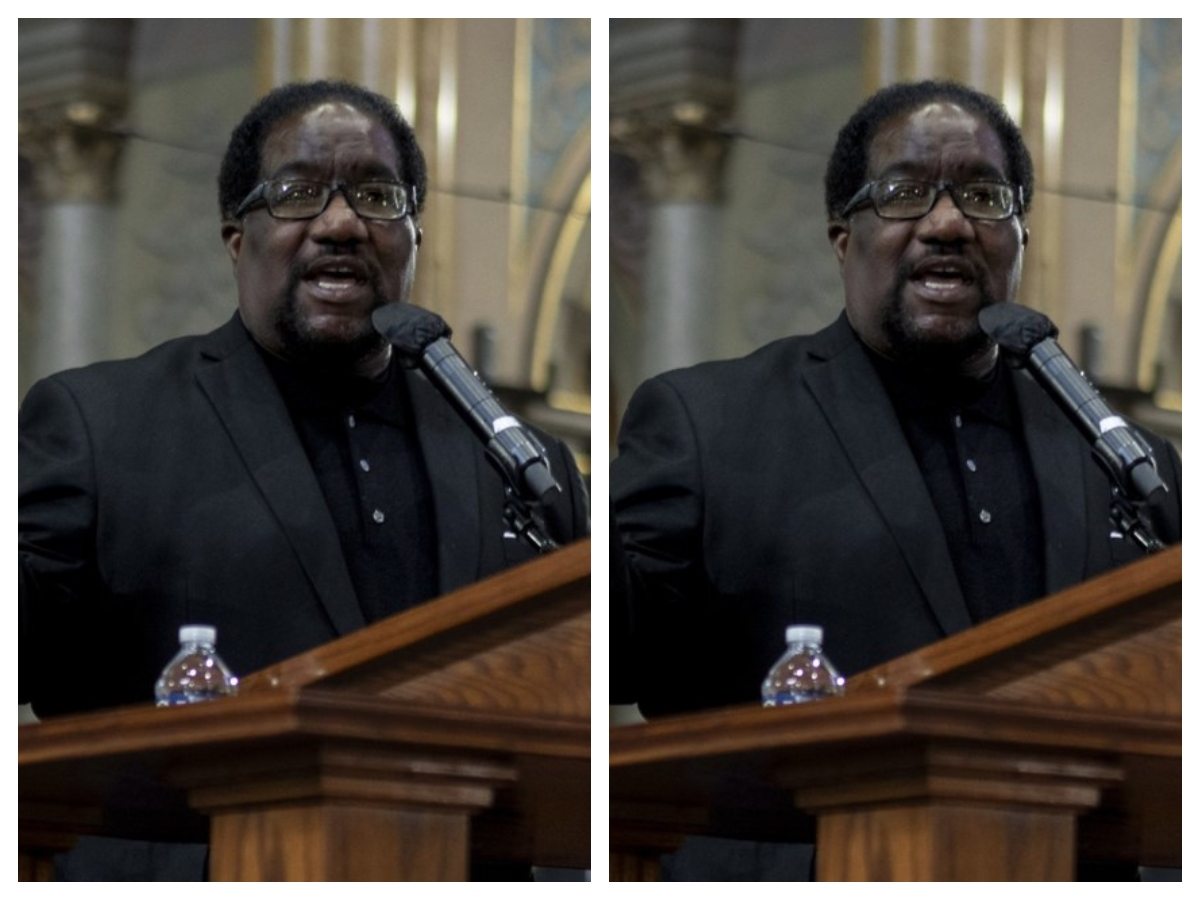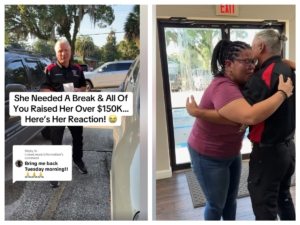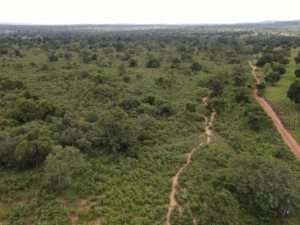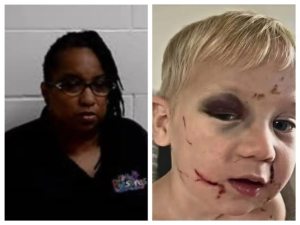Chicago’s Black faith leaders are urging calm, vigilance, and solidarity as the city braces for a possible federal crackdown on immigration and talk of National Guard troops patrolling its streets.
On Sunday at New Mount Pilgrim Missionary Baptist Church in West Garfield Park, the Rev. Marshall Hatch urged worshippers to prepare for uncertainty. “You need to start telling people about your whereabouts, so you don’t disappear,” he said. “We’re not going to despair. We’re not going to feel threatened. We’re not going to give up and give in to fascism and authoritarianism.”
His warning comes amid President Donald Trump’s repeated threats to unleash “apocalyptic” force in Chicago, a city he often cites as emblematic of violent crime, while escalating deportations in so-called sanctuary jurisdictions. Federal officials have given few details, but Trump’s border adviser Tom Homan told CNN’s State of the Union that “you can expect action in most sanctuary cities across the country,” adding that an operation in Chicago could begin this week.
READ ALSO: Trump issues ‘Apocalypse’ threat to Chicago; Pritzker calls him a ‘wannabe dictator’
For many residents, especially in Black and Latino neighborhoods, the prospect of another layer of federal power has stirred unease. “I don’t want soldiers here,” said Lester Burks, a 74-year-old Army veteran sitting among the congregation, in an AP report. “They are trained to fight.”
Watch a recent episode of The BreakDown podcast below and subscribe to our channel PanaGenius TV for latest episodes.
While specifics remain murky, federal agencies have signaled use of a military base north of the city and an immigration processing center in a nearby suburb for an operation possibly lasting 45 days, Trump has also floated dispatching the National Guard to New Orleans before turning to Chicago. His administration has previously attempted, and failed, to overturn Chicago’s sanctuary protections in court.
Elsewhere, National Guard deployments in Los Angeles and Washington, D.C. have drawn criticism, with a judge already ruling the Los Angeles action unlawful. Local elected leaders are determined to avoid similar scenes in Chicago. “We don’t need another level of law enforcement and their presence to pretend they’re going to solve problems related to violence,” said U.S. Rep. Danny Davis, standing alongside other Black officials at a West Side news conference.
Across the city, pulpits are doubling as platforms for preparedness. Some clergy members counsel immigrants on their rights during ICE encounters, encouraging them to carry documents and stay connected to family. “It feels like anything can happen at any moment,” said the Rev. Paco Amador of New Life Community Church in the predominantly Mexican Little Village neighborhood. “It would be irresponsible not to talk about this.”
The heightened anxiety is particularly acute in communities still recovering from January’s federal raids, which dampened attendance at Latino and immigrant-heavy churches. Mexican Independence Day festivities were similarly muted this year as families weighed celebration against caution.
New Mount Pilgrim, a historic Black congregation, stands amid decades of disinvestment: five nearby schools were shuttered in 2013 as part of the largest mass public school closure in U.S. history. Yet the church has consistently paired anti-violence advocacy with calls for reinvestment. On the same Sunday that Hatch warned of federal overreach, congregants celebrated groundbreaking on an arts and activism center they view as part of the solution. “We’re not calling for military, we’re calling for resources,” Hatch told parishioners. “We know that there is a correlation between resources and violence.”
Though violent crime in Chicago has declined in recent years, many faith leaders see looming federal intervention as a step backward. Their message from the altar remains steady, protect one another, stay informed, and resist fear.










